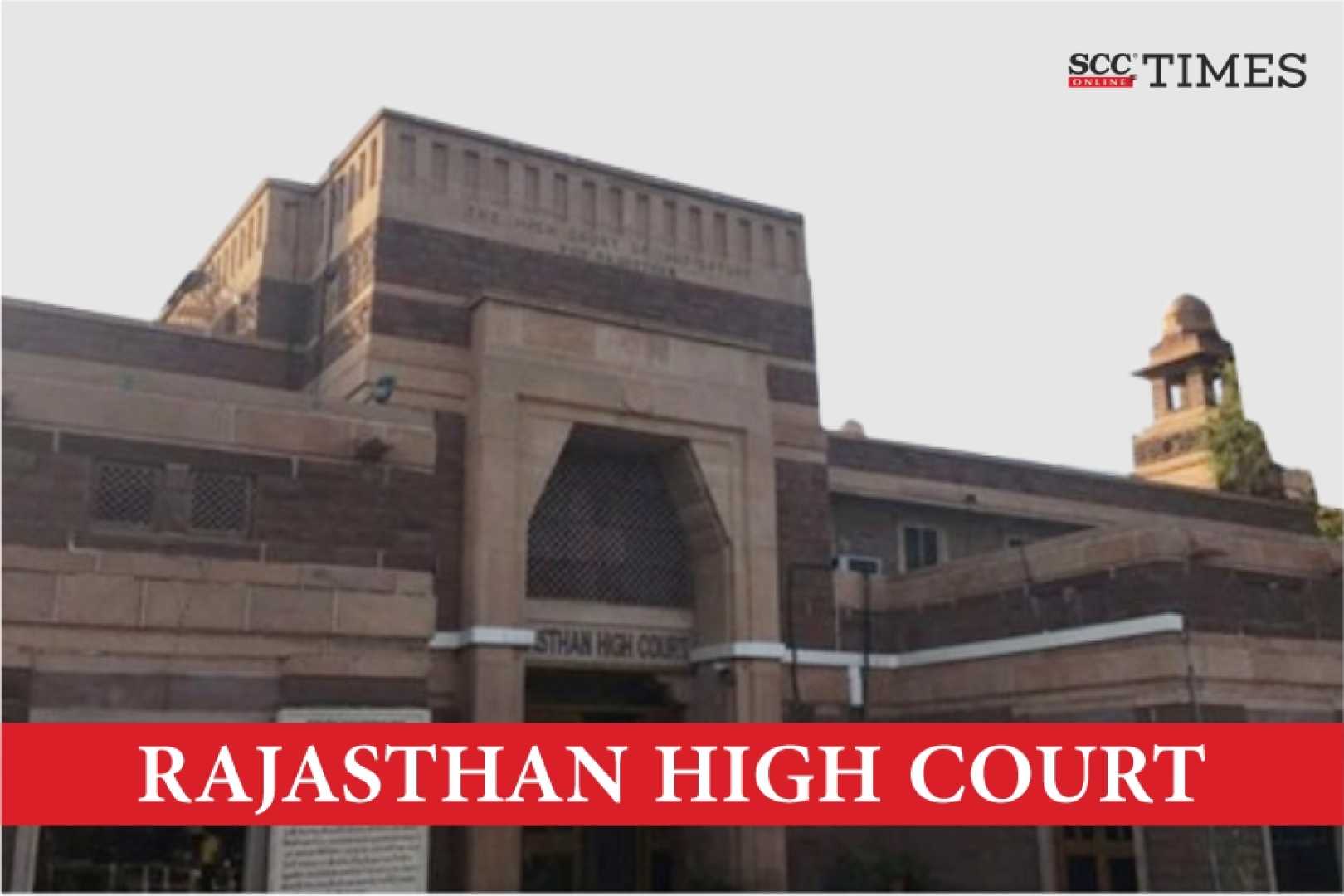News
Rajasthan High Court Upholds Marks Redistribution Method in Examination Case

The Rajasthan High Court, in a decision concerning the allocation of marks for deleted questions in a professional examination, ruled in favor of redistributing these marks across remaining questions within the same subject. This decision was made in response to a writ petition filed by candidates for the positions of Junior Accountant and Tehsil Revenue Accountant, as conducted by the Rajasthan Staff Selection Board.
The case was presided over by Justice Vinit Kumar Mathur, who held that the redistribution of marks is a fair and unbiased approach, ensuring the structure of the examination is preserved and parity among all examinees is maintained. The petition under review questioned the fairness of the method employed for distributing marks after the deletion of certain erroneous questions.
The petitioners argued that these deleted questions should not contribute to the total score and proposed that bonus marks should be granted uniformly to all candidates. They cited previous cases such as Jitendra Kumar Jhalani v. State of Rajasthan and Ravi Kumar Khandelwal v. State of Rajasthan, which prohibited post-examination rule changes.
The respondents, however, defended the redistribution approach, stating it maintained the integrity of the examination’s subject-wise structure. They referenced past judgments, including Vinod Kumar v. State of Rajasthan and Narendra Singh Rathore v. Rajasthan Public Service Commission, where similar measures were validated.
In its judgement, the Court found the respondents’ method equitable, rejecting claims of altered rules during the selection process. Justice Mathur noted that subject-specific redistribution avoided skewed subject weightage and ensured candidates were fairly evaluated based on their knowledge of each subject area.
Ultimately, the Court dismissed the petition, supporting the redistribution of marks and concluding no biases or disadvantages occurred for the candidates due to this method. The case, cited as Surendra Choudhary v. Rajasthan Staff Selection Board, Jaipur, reaffirmed standards for addressing examination irregularities in a manner safeguarding fairness for all examinees.
Legal representatives in the case included Mr. Vivek Firoda and Mr. Jayram Saran for the petitioners, and Mr. Manish Patel, AAG, Mr. Rakesh Arora, and Mr. Naresh Singh for the respondents.












